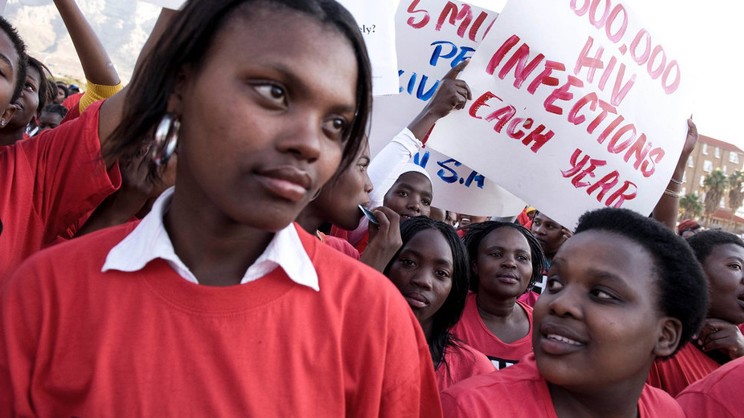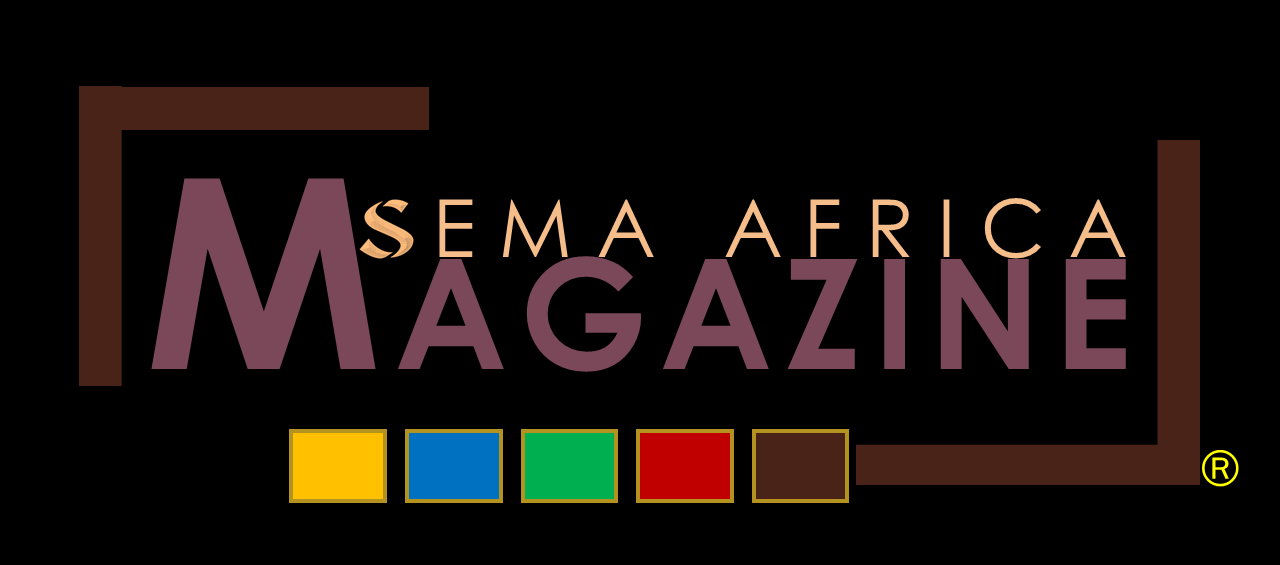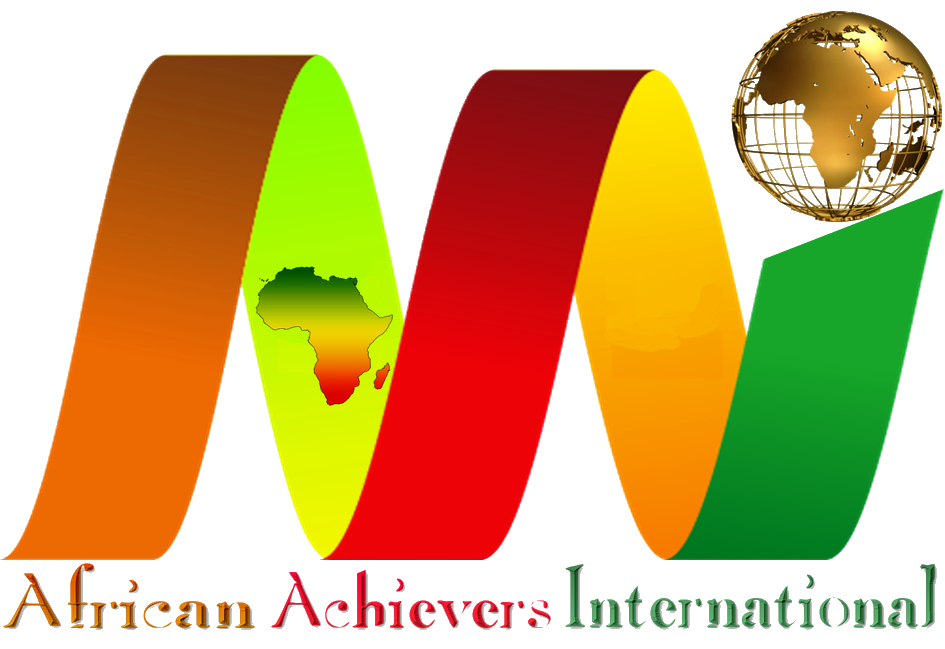Free pads versus free condoms: Why we can't afford this debate

Why the debate misses the very gendered point in a country where people with uteruses remain disproportionally affected by HIV.
Nontokozo Buthelezi, a teacher at Enhlube Combined School in rural Northern KwaZulu-Natal’s Nomponjwana, has been buying sanitary pads for about 100 pupils since 2008. It is her way of ensuring they don’t miss school or feel ashamed or stigmatised for menstruating.
“Some of the learners don’t even have a school uniform, now imagine pads,” she says.
President Jacob Zuma has promised continuously since 2011 that government will provide pads to disadvantaged girls and women. We have yet to see this happen.
South Africans laughed at Deputy President Cyril Ramaphosa’s seemingly awkward presentation of government’s new free MAX condoms in Parliament. But soon the laughter turned into criticism of the government for providing multiscented condoms instead of other necessities, such as sanitary pads.
Since then, it’s become a common argument often made with statements such as: “Sex is a choice, menstruation is not” or “Condoms should be sold and sanitary pads should be given for free”.
These statements, usually made with good intentions, are not only dangerous but also loaded with classism and sexism because they disregard how severely women are affected by HIV.
South Africa had almost 500,000 new HIV infections in 2012, according to the latest Human Sciences Research Council (HSRC) national HIV household survey. About a quarter of the new HIV infections occur among women aged from 15 to 24. The survey also found decreasing levels of condom use.
No one knows how many South African pupils miss school each month during their periods. Africa Check recently debunked the widely cited statistic that seven million did so.
Government rebranded its free Choice condom to tackle what, in 2013, Health Minister Aaron Motsoaledi called “condom fatigue”. After three years of research into what people wanted, the government launched its new line of free, scented MAX condoms. It replaces Choice, which a 2013 study published by the Society for Family Health found was the country’s leading condom, particularly by poorer people.
The criticism that government “wasted” money on better, scented condoms assumes that poor people do not deserve to have safe sex that gives them pleasure. It suggests that they should be grateful for whatever is offered to them and they should not desire anything better simply because they cannot afford it.
Arguments that pit the need for free condoms against the need for free sanitary pads ignore that both are gender rights issues.
HSRC data tells us young black women are disproportionately infected with HIV. The latest national survey also shows us that the HIV prevalence in women aged 15 to 24 is four times higher than the rate among their male counterparts.
Almost five years after Zuma’s promise, pupils continue to rely on people such as Buthelezi or nonprofit organisations for sanitary pads every month. This is not enough. Free pads must be provided at schools, institutions of higher learning and public health facilities.
Government’s commitment to
fighting HIV, including the launch of new and better condoms, shows
it has the resources and capacity to solve some of the country’s
biggest challenges.
The same dedication should be demonstrated when it comes to free pads, but not at the expense of free condoms. The struggles for free condoms and free sanitary pads to allow people to menstruate in a healthy and dignified manner are linked; both seek to achieve full reproductive and sexual rights for all South Africans.
Buthelezi says she can no longer afford to buy pads for her pupils. They need a sustainable solution — one that does not depend on her purse.
She says: “I used to buy the pupils pads with my own money, but it became expensive for me because more and more learners need them.”
Africa's Change Makers Magazine
COMPANY
AFRICAN ACHIEVERS INTERNATIONAL Inc. is a global media and technology company including lifestyle media publisher SEMA AFRICA
online
Magazine AFRICAN ACHIEVERS MAGAZINE, digital shopping
platform PA-BEAUTY STATION.COM, event management
PRIDE OF AFRICA, awards program AfIA
AWARDS, youth and talent development, PILLARS OF
HOPE and AAK, Volunteerism
UNIVERSIDAY grassroots community support
NAD and financial support
REMITGROW and monthly subscription box AAi Must
Have. ....
More from African Achievers International
PLATFORM
About Sema
Africa
Our
Team
Contact
Us
Jobs
Internship
Upcoming Events
Get a Domain/Website
Mama Africa - My Story
Write for Sema Africa
Advertise
Promote your Events
Travel
Policies
Archive
SUBSCRIBE




